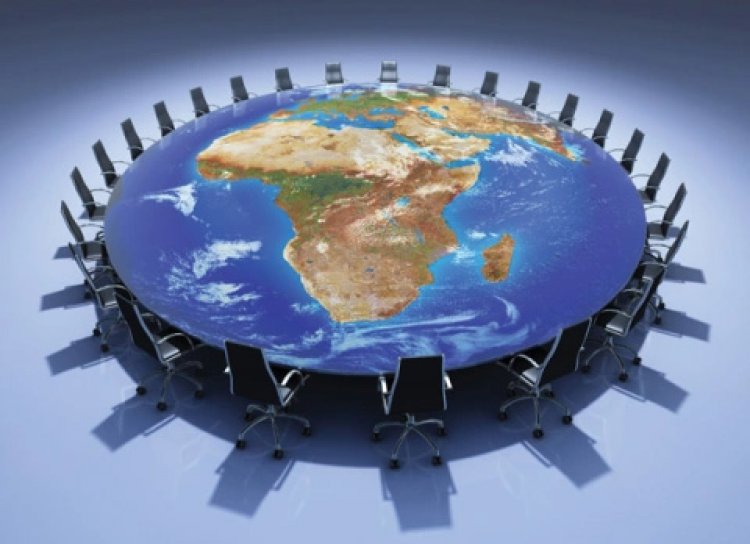China’s Multilateral Diplomacy
STORIES, ANALYSES, EXPERT VIEWS

At a time of increasing uncertainty in international relations, China sees the United Nations (UN), International Monetary Fund (IMF) and the World Trade Organisation (WTO) as supportive institutions to achieve its national objective.
China’s P5 status, writes Asoke Mukerji (Former Permanent Representative of India to the United Nations) “allows it to interlink its bilateral and regional relations with major and emerging powers. Since August 1972, China has cast 20 vetoes in the UNSC, including 10 on the Syria issue. On the broader Asian canvas, however, apart from dominating UNSC positions on the situation in North Korea, Taiwan and Myanmar, China has been generally circumspect…….”
Launch of Global Security Initiative (GSI)
China’s profile in the UNSC “could change following the launch of its Global Security Initiative (GSI) by President Xi Jinping in April 2022, and its call for ‘indivisible security’….. The most significant outcome of the GSI so far has been China’s facilitation of the Saudi-Iran rapprochement in March 2023. In UNSC meetings, China has called for regional security frameworks for the Gulf and Afghanistan. It hosted the first China-Pakistan-Iran trilateral security meeting in Beijing in June 2023. Since October 2023, China has acquired the sole Deputy Secretary-General’s position in the Kazakhstan-based CICA (Conference on Interaction & Confidence-Building Measures in Asia).”
A potential impact of the GSI, writes Mukerji “would be the emergence of an overland Asian strategic energy/trade corridor with pipeline, railroad and digital connectivity between the Gulf and China. This would enable Beijing to bypass the existing maritime transportation hotspots of the Straits of Hormuz and Malacca, and the South China Sea.”
Global Development Initiative (GDI) initiative
According to Mukerji “China has consciously interlinked its Global Development Initiative (GDI), launched by President Xi at the UNGA in September 2021, with the UN’s Agenda 2030 and 17 Sustainable Development Goals (SDGs). The GDI has eight priority areas, incorporating the SDGs on poverty eradication, food security (included in China’s Global Food Security Initiative tabled at the G20 in Bali in 2022), industrialisation and innovation, and climate finance. To these, the GDI has added the emerging digital economy and connectivity, integrating China’s infrastructure-driven Belt and Road Initiative (BRI), Digital Silk Road and Global Data Security Initiative.”
Syncing with BRI: China has leveraged its financial and human resources in the UN to benefit from the implementation of Agenda 2030’s goals. China’s $4-billion Global Development and South-South Cooperation Fund announced in 2023, and its $200-million UN Peace and Development Trust Fund set up in 2016, are both steered by the UN Secretary-General’s Office, supported by a 70-country ‘Group of Friends of GDI’, most of them partners of the BRI.
Priorities in the WTO
Beijing has three priorities in the WTO, which it joined in December 2001. Mukerji notes China “uses WTO agreements as the applicable ‘rules-based order’ to ensure MFN (most-favoured nation) treatment for its market access as well as to offset criticism of its dominant state-owned enterprises. It participates for example, in ongoing WTO negotiations to formulate ‘new rules’, particularly in the digital economy.
In conclusion, “China’s multilateral diplomacy is cognisant of the challenges to multilateralism…”
















